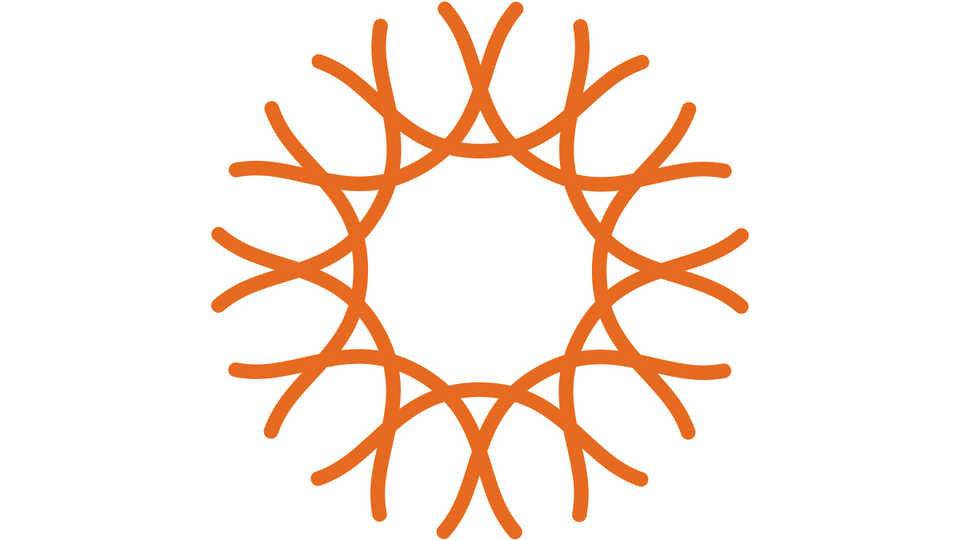Researchers' expertise lies in infectious viruses, African frogs, and tropical reef fishes

SAN FRANCISCO (August 31, 2011) — The California Academy of Sciences is pleased to announce the appointment of three new curators in its scientific research division: Dr. Shannon Bennett, Associate Curator of Microbiology; Dr. David Blackburn, Assistant Curator of Herpetology; and Dr. Luiz Rocha, Assistant Curator of Ichthyology. They will join 17 other curators and more than 100 total scientific staff at the Academy, broadening and deepening the organization's research scope with their expertise in viruses, African frogs, and tropical fishes.
"The appointment of these three accomplished scientists will strengthen the Academy's commitment to addressing two of the most important issues of our time—the evolution and sustainability of life on Earth," says Dr. Gregory Farrington, Executive Director of the Academy. "In addition to an established track record of high-quality research and publications, all three curators—Shannon, David, and Luiz—have shown a passion for conservation, education, and public engagement. These qualities make them a natural fit for the Academy."
The new curators will join the Academy on September 1. More information on each of them can be found below:
Shannon Bennett
Associate Curator, Microbiology
Dr. Bennett is the Academy's first ever Associate Curator of Microbiology. In this new position, she will broaden the Academy's research scope to include a dedicated focus on viruses and bacteria. Her specialty lies in infectious diseases that can be transmitted from animals to humans.
From 2004-2011, Bennett was an Associate Professor at the Asia-Pacific Institute of Tropical Medicine & Infectious Diseases, part of the School of Medicine at the University of Hawaii. During her seven years at the Institute, she led a number of research projects on virus evolution, identification, and transmission with funding from the National Institutes of Health. She applies advanced technologies from genomics and bioinformatics to study dengue, hantavirus, influenza, and other viruses, and also bacteria such as leptospirosis and those found in mosquito vectors. She is especially interested in the nature of genetic mutations that give viruses the potential to cause epidemics or switch to new hosts.
Prior to her work in Hawaii, Bennett researched the dengue virus in Puerto Rico and parasitic roundworms in Texas and Vancouver. She received her BSc from McGill University and her PhD in Zoology from the University of British Columbia.
David Blackburn
Assistant Curator, Herpetology
Dr. Blackburn studies the evolution and diversity of amphibians, especially frogs on continental Africa. Nearly 90% of the 6,800 known species of amphibians are frogs. Their diversity and distribution make them prime research subjects for investigating larger questions about the history and movement of life within Africa and the origins of natural variation.
Blackburn's frog research involves both extensive use of museum collections and work in the field. His passion for the people and wildlife of Africa has taken him to Nigeria, Cameroon, Malawi, and Niger, in such diverse habitats as mountains, tropical forests, and desert oases.
Since 2006, he has collaborated with Project Exploration, a non-profit science education organization, to engage communities that are traditionally underrepresented in the sciences. With them, he launched an educational website for K-12 students called "Project Frog" detailing his work in Cameroon and Nigeria, and on future expeditions he plans to use social media to provide updates from the field. He is also a senior associate of AmphibiaWeb, a project based at the University of California, Berkeley, that provides online information about the diversity and conservation of living amphibians.
From 2008-2011, Blackburn was a postdoctoral research fellow at the University of Kansas. He received his AB in Biology from the University of Chicago and his PhD in Organismic and Evolutionary Biology from Harvard University.
Luiz Rocha
Assistant Curator, Ichthyology
A native of Brazil, Dr. Rocha's research interests center on the evolution, biogeography, and ecology of coral reef fishes. His overarching goal is to understand what drives the extremely high biodiversity found in tropical reefs.
He has embarked on numerous expeditions around the world, including the Philippines, Indonesia, Australia, Polynesia, Micronesia, the Caribbean, South America, and Africa. His field work in Sao Tome was covered by National Geographic in 2008, and he appeared in a Science Channel documentary in 2009 discussing the effects of radiation at Bikini Atoll.
Since 2001, Rocha has served as a Coral Reef Fish Specialist for the IUCN (International Union for Conservation of Nature) Species Survival Commission, providing his expertise to the conservation of such charismatic fishes as surgeonfish, angelfish, parrotfish, wrasses, and groupers. He has held positions at the Smithsonian Tropical Research Institute in Panama and the University of Hawaii, and most recently was an Assistant Professor of Marine Science at the University of Texas.
Rocha received his BS and MS from the Universidade Federal da Paraiba in Brazil, and his PhD in Fisheries and Aquatic Sciences from the University of Florida.
Founded in 1853, the Academy is an international center for scientific education and research and is at the forefront of efforts to understand and protect the diversity of Earth's living things. The Academy has a staff of over 50 professional educators and PhD-level scientists, supported by more than 100 Research and Field Associates and over 300 Fellows. It houses 26 million biological, geological, and cultural specimens from around the world and conducts research in 12 scientific fields: anthropology, aquatic biology, botany, comparative genomics, entomology, geology, herpetology, ichthyology, invertebrate zoology, mammalogy, microbiology, and ornithology. Visit www.calacademy.org/scientists.
Press Contacts
If you are a journalist and would like to receive Academy press releases please contact press@calacademy.org.
Digital Assets
Hi-res and low-res image downloads are available for editorial use. Contact us at press@calacademy.org to request access.